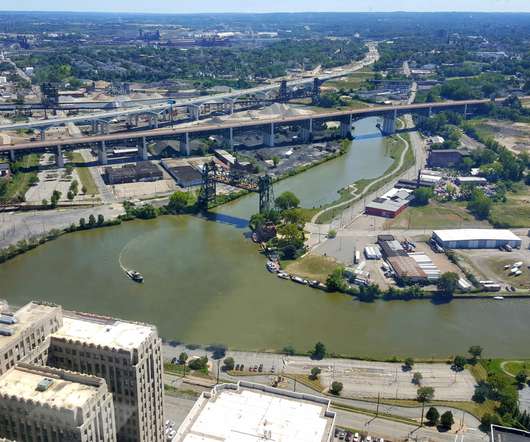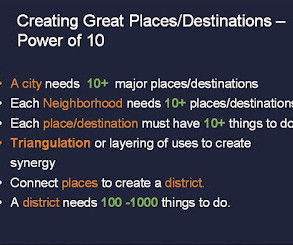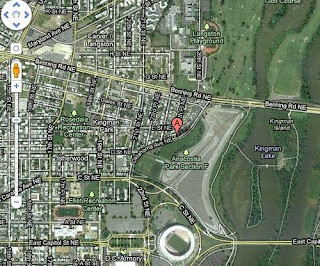A History of Ohio Land Banking 2009–2021: From Legislation to Operation
Center for Community Progress
JUNE 6, 2022
At the height of the foreclosure crisis post-2008, a group of elected officials, community development practitioners, and lawyers came together to craft a strategy to respond to the hemorrhaging real estate market in Ohio. This number rose to 8,700 in 2003, 9,700 in 2004, 13,943 in 2006, and 14,946 in 2007.












Let's personalize your content